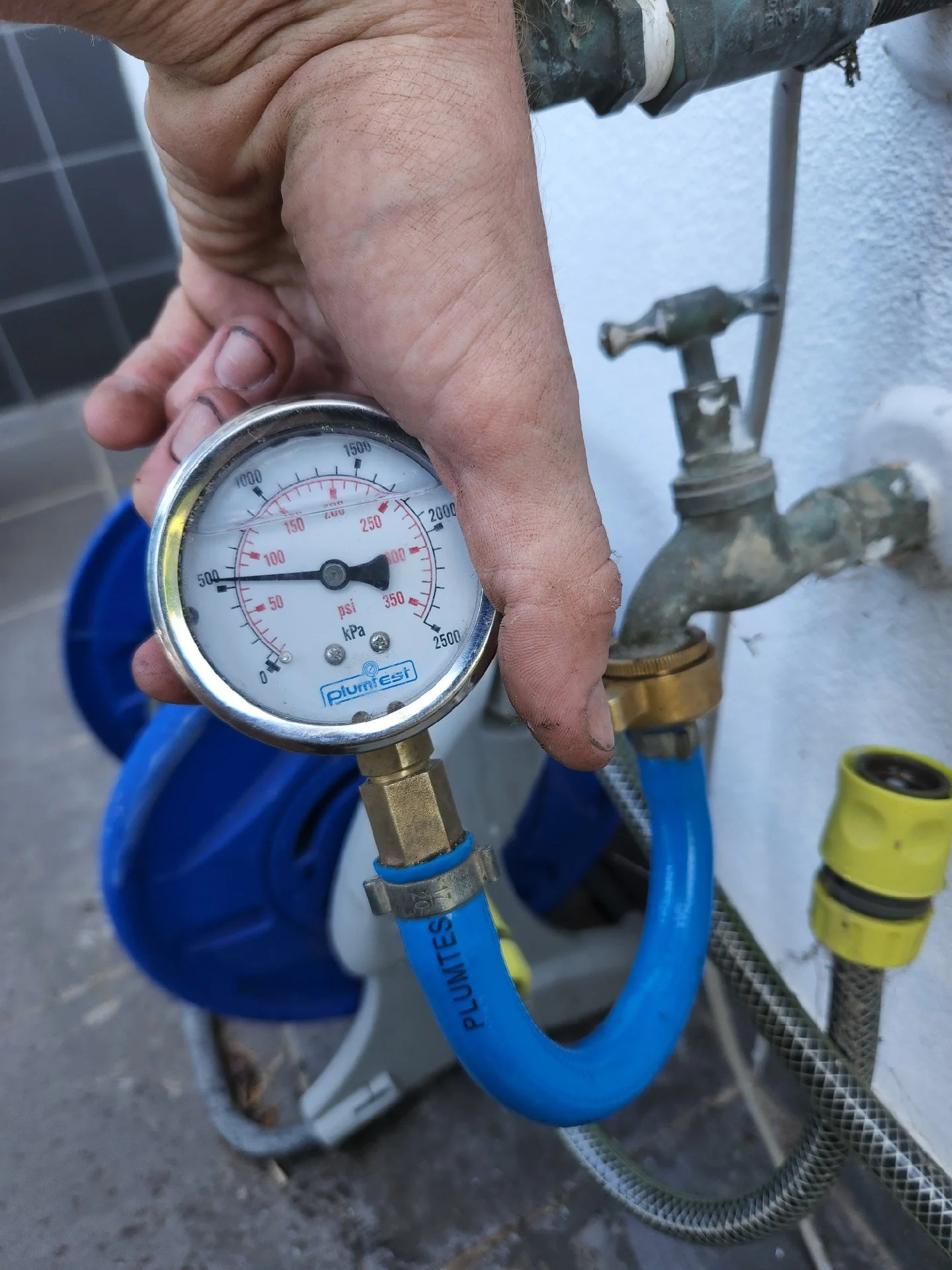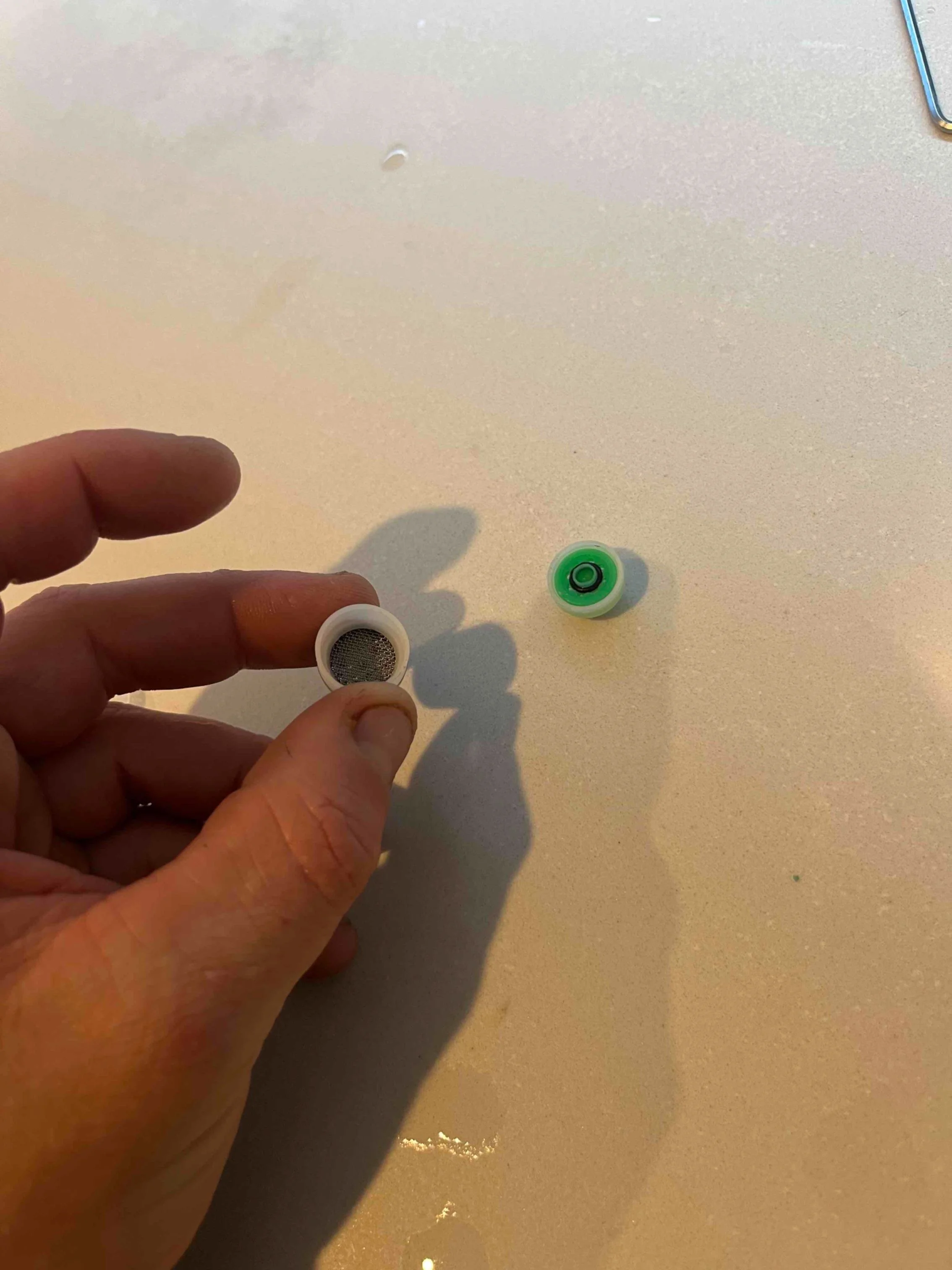Can a Plumber Fix Low Water Pressure? Here's What You Need to Know
Experiencing low water pressure can be incredibly frustrating. Whether it's a trickle in your shower or a tap that's barely flowing, it disrupts your daily routine and can point to larger plumbing issues. But can a plumber fix low water pressure? The short answer is yes, and understanding how they do it can save you from bigger headaches down the road.
First, it's important to pinpoint the cause of the low water pressure. This can be due to a variety of reasons, such as:
Blocked pipes or fixtures
Leaks in the plumbing system
Faulty pressure regulators
Issues with the mains water supply
“A trained plumber can quickly diagnose the root cause of the problem and implement the best solution, restoring your water pressure to optimal levels.”
By understanding these common causes, you'll be better prepared to explain the issue to your plumber, making the repair process quicker and more efficient.
Additionally, it’s essential to remember that a professional plumber has the expertise and tools needed to accurately diagnose and rectify low water pressure problems. They can inspect various components, from pipes and valves to pressure regulators, to pinpoint the exact cause of the issue.
Beyond just identifying the problem, a plumber can also provide you with several potential solutions. For instance, they might suggest replacing old, blocked galvanized pipes with newer, larger diameter pipes, which can significantly enhance water flow. If the issue is isolated to a specific fixture, such as a shower or a particular tap, they can check and adjust regulator valves or even recommend installing special pressure-boosting devices.
Sometimes, the solution might involve more modern technology, like installing an on-demand water heater close to a far-flung bathroom. This can dramatically improve hot water pressure in homes with multiple stories or those that have bathrooms located far from the main water heater.
What methods do plumbers use to fix low water pressure?
Plumbers employ a variety of effective methods to address low water pressure issues in a home. The first step usually involves diagnosing the problem through a thorough inspection of your plumbing system. One common issue can be identified if your home has older, galvanized pipes which tend to corrode and clog over time. In such cases, replacing these pipes with modern materials like copper or PEX can significantly improve your water pressure.
Another technique plumbers use is adjusting the pressure limiting valve, typically located where your main water line enters your home. This valve controls the water pressure from the public water supply to your plumbing system. If it's improperly set, a plumber can calibrate it to boost the water pressure to optimal levels.
Additionally, installing a pressure booster can be an effective solution, especially for homes at the end of the water supply line or in multi-story buildings where gravitational forces reduce water pressure. A booster pump can be mounted on your main water supply line to elevate the overall pressure.
For targeted enhancements, such as improving water flow in an upstairs bathroom, a plumber might suggest installing an on-demand water heater closer to the area of need. This not only addresses the issue of low pressure but also ensures a consistent supply of hot water.
Before implementing any major changes, it's prudent to take a water pressure reading using a gauge attached to an outdoor spigot. This helps to determine the extent of the problem and allows the plumber to tailor their approach effectively.
Ultimately, consulting with an experienced plumber ensures that any low water pressure issues are accurately diagnosed and efficiently resolved, providing you with a reliable and robust water supply throughout your home.
Can a plumber improve water pressure in specific fixtures like showers or tapware?
If you're dealing with weak water flow in your shower or at your tapware, a plumber can absolutely help. Specific fixtures can suffer from low water pressure due to various localized issues. Plumbers usually start by inspecting the aerators, which are mesh screens at the end of your tap that can get blocked with mineral deposits. Cleaning or replacing these can often restore proper flow.
For showers, a common fix might involve removing the flow restrictor from the showerhead. Many showerheads are designed with these restrictors to conserve water, but they can significantly reduce pressure. A plumber can safely and effectively remove or adjust these to improve your shower experience.
Another advanced method is to install a booster pump. This device attaches to your main water supply line and can increase pressure throughout the house, or specifically in troublesome areas like the bathroom or kitchen. While this is a more significant investment, it can be a game-changer for homes with chronic low water pressure issues.
In cases where the problem is isolated to a single fixture, replacing older pipes with ones of a larger diameter can help. However, this is often a more costly and invasive procedure. A skilled plumber will be able to diagnose whether this or a simpler fix is the more effective solution for your situation.
Lastly, don't underestimate the impact of an on-demand water heater, especially in multi-story homes. Installing one near the bathroom can provide a more immediate supply of hot water at a higher pressure, greatly improving your daily comfort.
All these solutions underscore the importance of consulting a professional plumber. Their expertise and specialized equipment can pinpoint the issue quickly and provide lasting solutions that DIY methods often can't achieve.
Need to talk to an expert?
Our Bayside team of qualified, expert plumbers are here to help.
Call us on 03 9501 3777 or request a call back here.






